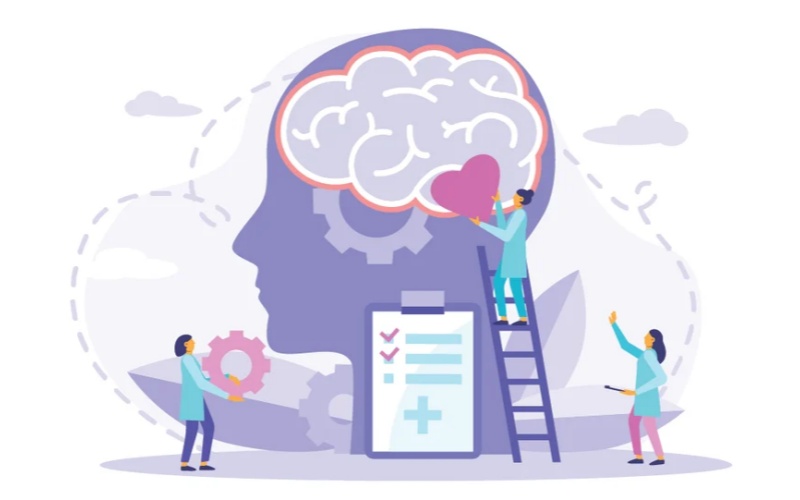Practicing self-care is a fundamental aspect of maintaining mental health. This includes engaging in activities that bring joy and relaxation, such as hobbies, exercise, or spending time with loved ones. Setting aside time for yourself can help recharge your emotional batteries and reduce feelings of burnout. Additionally, establishing a routine can provide structure and stability, which are particularly important during stressful times. Routines create a sense of normalcy and can help manage anxiety by providing predictability in daily life.
Another essential aspect of mental health is the importance of social connections. Building and nurturing relationships with friends and family can provide emotional support and a sense of belonging. Open communication with loved ones fosters understanding and strengthens bonds, making it easier to navigate life’s challenges. If face-to-face interactions are difficult, consider utilizing technology to stay connected through video calls or social media.

Mindfulness and meditation practices can significantly enhance mental well-being. These techniques encourage individuals to focus on the present moment, reducing anxiety about the past or future. Simple practices, such as deep breathing exercises or guided meditations, can help cultivate a sense of calm and clarity. Incorporating mindfulness into daily routines can lead to improved emotional regulation and resilience.
Seeking professional support is another vital step in prioritizing mental health. Therapists and counselors can provide valuable tools and strategies to cope with stress, anxiety, or depression. There should be no stigma associated with seeking help; rather, it is a sign of strength and self-awareness. Mental health professionals can offer personalized guidance tailored to individual needs, making a significant difference in one’s mental landscape.

Educating oneself about mental health is crucial. Understanding mental health issues, their symptoms, and available resources can empower individuals to take proactive steps in their own lives and support those around them. Knowledge can help reduce stigma and promote open discussions about mental health, fostering a more supportive environment for everyone. By prioritizing mental health, individuals can lead more balanced and fulfilling lives, ultimately benefiting themselves and their communities.



